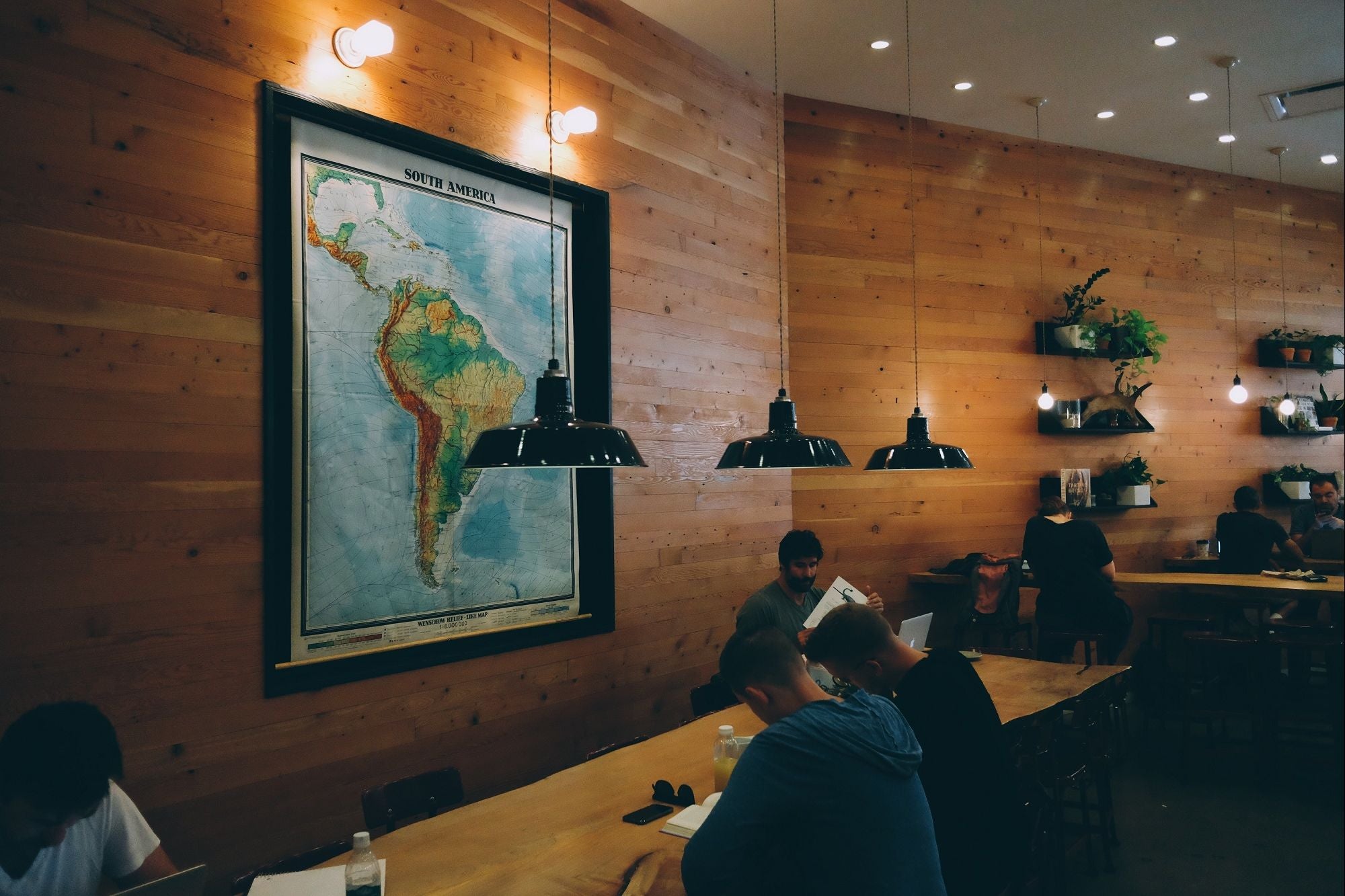Why Asia-Pacific CEOs Want Agile, Adaptable Workers Business leaders are becoming more aware of how AI and automation are affecting work spaces
By Pooja Singh
Opinions expressed by Entrepreneur contributors are their own.
You're reading Entrepreneur Asia Pacific, an international franchise of Entrepreneur Media.

Business leaders of the Asia-Pacific region are getting ready for the change in the workplace as the march of artificial intelligence (AI) and automation gets stronger by the day. They seek workers who can tap into their more "human" talents and approach assignments with an open and global mindset.
That's the conclusion of a white paper published by The Economist Corporate Network (ECN), which was sponsored by Hays and WeWork. Based on a survey and interviews with several chief executive officers (CEOs) and other C-suite executives based in the Asia-Pacific(APAC) region, the paper states company heads now understand the growing demands of employees for flexible environments that provide opportunities for constant learning.
New Environment, New Experiences
Almost half of those surveyed said people skills are extremely important, followed by soft skills (41 percent). Hard skills, on the other hand, are among the least valued, with only 6.4 percent of CEOs saying they are vital.
The ECN director for North Asia, Florian Kohlbacher, believes that the popularity of workspaces in Google and Apple is making corporates in the APAC region to offer "a different kind of work environment and experience to remain competitive."
"The millennial generation is frequently prioritizing opportunities to train and upgrade their skill set over salaries. Companies, therefore, must offer more learning opportunities to attract the right talent," he says.
Change in Attitude
Last year, almost 60 percent of CEOs said their approach was to soften the impact on work from automation and AI. Their attitude, however, changed within a year. Around 65 percent now believe in an approach based on accelerating their arrival. The research suggests that a growing number of CEOs are embracing the mantra of "adapt or die".
The one major challenge in this pursuit, the CEOs admit, is the need to dramatically change a company's culture so that they stay not just relevant but also thrive in today's digitally competitive business environment.
Collaboration is the Key
For this, they believe collaboration with government bodies, academia and business including start-ups is the key.
The survey also found an increasing importance for collaboration across borders in a globalized business world, with many executives demanding employees who can work in multi-geographical, multi-cultural settings.
The Singaporean senior executives, for instance, said collaborating with government, academia and business including startups is essential to build networks across the entire ecosystem.
The perks involved
The growing interest in agile workforce is not new. In 2017 survey of more than 10,000 business and HR leaders across 140 countries by Deloitte, it was revealed that 94 percent believed that "agility and collaboration" are critical to their organization's success. Ample research has shown that an agile work environment results in employees being more engaged, teams more collaborative and productive, and new products or services arrive faster.
Also, as Kohlbacher mentions, the millennials, which are joining the workforce in droves, want access to the ways of working that enable them to do their best—not to "make do" with what is provided to everyone.
It remains to be seen how smooth the transition will be of companies in Asia-Pacific to an agile workplace, especially of institutions which are over 100 years old.










